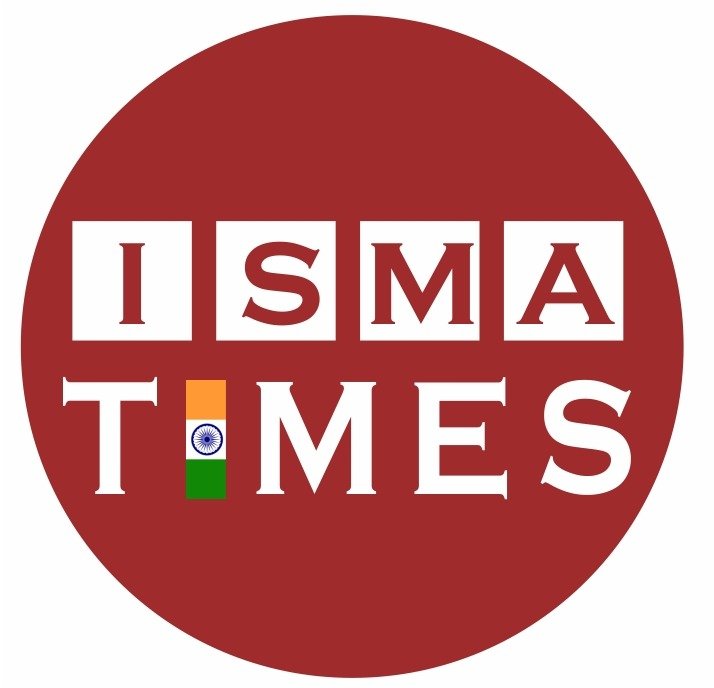Media: Glooming Reality in India

Kirity Roy:
On the eve of the Press Freedom Day on 3rd of May, Banglar Manabadhikar Suraksha Mancha (MASUM) shares its anxiety with the broader civil society platforms as the situation of freedom of any form of expression became grimmer in India day by day. This day was intended to raise awareness on the importance of freedom of press and to pay tribute to pressmen who lost their lives in the line of duty.
The persecution of journalists and media has deepened since the Bharatiya Janata Party came in power in 2014 and India is now ranked as low as 161 out of 180 countries in the index on press freedom by Reporters Without Border. In 2022, India was ranked 150.
The violence against journalists, arbitrary arrests of media persons, politically biased media reports, propagating hatred against minorities and socially underprivileged and the concentration of media ownership at the hands of State backed business houses; all establish that press freedom is in crisis in “the world’s largest democracy”.
At least 28 journalists have been killed since 2014 and nine well known journalists are currently imprisoned. Anti-Terrorism laws are being misused to hound media personnel. The police and tax agencies are constantly deployed to silence independent media. Journalists are routinely subjected to the scourge of disinformation campaigns, while access to political happenings in India is getting increasingly restricted for foreign journalists. In the last 12 months or so, income tax authorities have searched BBC offices in India and a prominent think tank, the Centre for Policy Research. In an arbitrary direction, the Government of India asked Australian journalist Avani Dias and French pressman Vanessa Dougnac either to leave India or their stay in India was made untenable. Arbitrary shutdowns of internet and censorship is also a major concern; one can recall the blocking of Hindutva Watch and India Hate Lab’s websites in India, as well as the blocking of 177 social media accounts during the farmer’s protests.
Aggrieved by the reality, Free Speech Collective depicted the situation by saying “Free speech in India has sunk into a perilous abyss and steadily falling press freedom indices underscore the dangers of crossing a line that is becoming increasingly contentious.”
The state of affairs in the provinces of India, ruled by different hues of political dispensations are not different. In West Bengal recently, Republic Bangla journalist Santu Pan was arrested in West Bengal while broadcasting a report on the reported breakdown of law and order in Sandeshkhali, was booked in sexual assault case on 19th February 2024. In another incident, Debmalya Bagchi, a seasoned journalist with a decade long association with the leading Bangla daily, Anandabazar Patrika, was arrested after investigative reporting on illegal liquor trade. Such attacks on journalists not only impede the freedom of press but also pose a threat to democracy. It is essential for the government to take immediate action and pass a protection act for journalists to prevent such incidents from happening in the future.
In this day while commemorating press freedom and its protagonists, we are willing to converse on Right to Information in India and activists attached with this cause. It’s been nearly 20 years since the Right to Information (RTI) Act, 2005 was enacted to provide transparency to government decisions, hold the government accountable and fight corruption. The use of the RTI Act has increased manifold over the years, with around 53-56 lakh RTI applications filed annually. Assaults on and alleged murders of RTI activists continue across India. Media reports of more than 300 instances of attacks on or harassment of citizens and at least 51 murders and 5 suicides can be linked to information sought under the Right to Information Act.
In this context, on the onset of Press Freedom Day, we put a charter of demand before the Government of India: -
- Immediately free the arbitrarily detained journalists, including media persons from Jammu and Kashmir
- Amend the anti- terrorism laws so that these laws can no longer be used to persecute journalists (The Unlawful Activities Prevention Amendment Act 2019 (UAPA) and the Public Safety Act (PSA) are often used against journalists).
- Stop the censorship and surveillance of journalists
- Constitute an independent commission of enquiry into cases of spying on journalists (At least 15 Indian journalists have been targeted by the NSO Group’s Pegasus spyware since 2021 with complete impunity).
- Protect the confidentiality of journalists’ sources
- Ensure the physical and digital safety of journalists, especially those who say they are being threatened
- Stop to arbitrary Internet shutdowns
- End the restrictions on access to certain parts of the country
- Safeguard the foreign media’s right to cover India

















